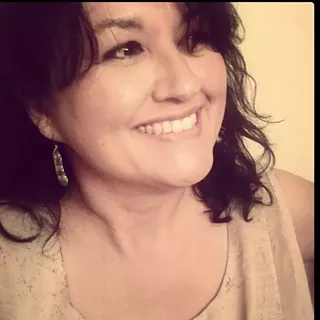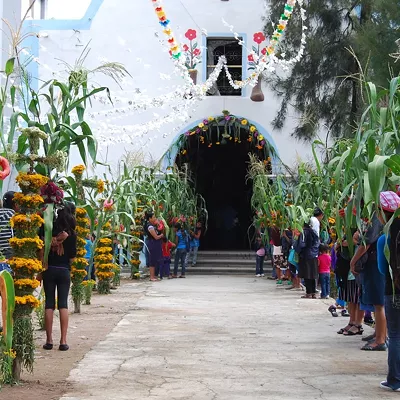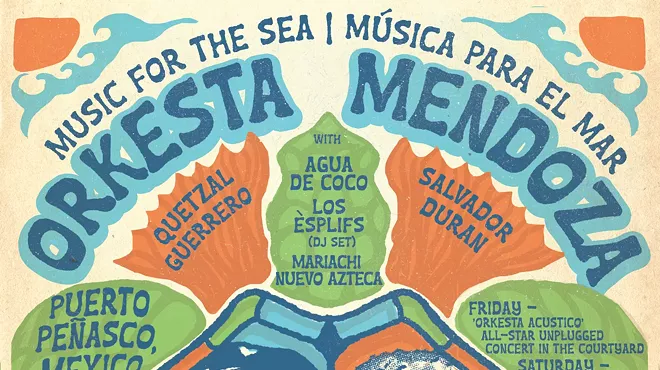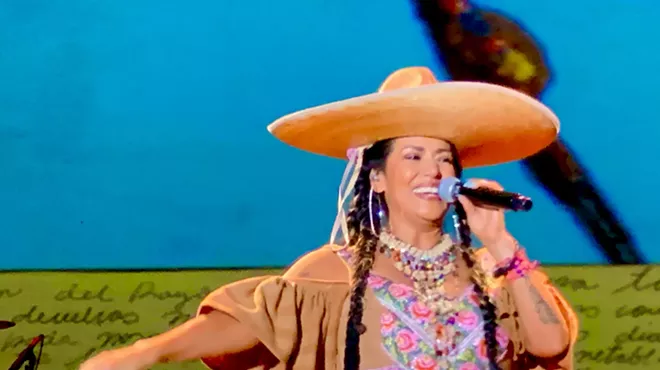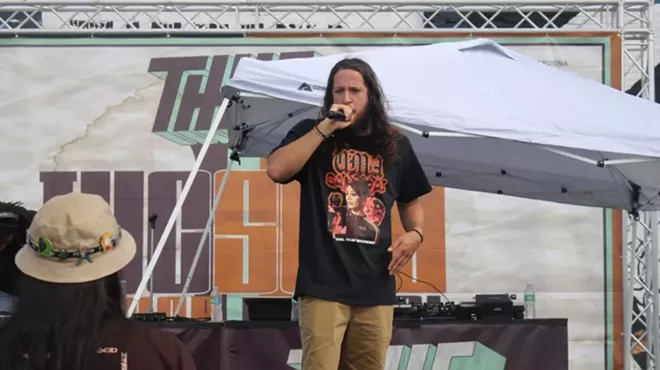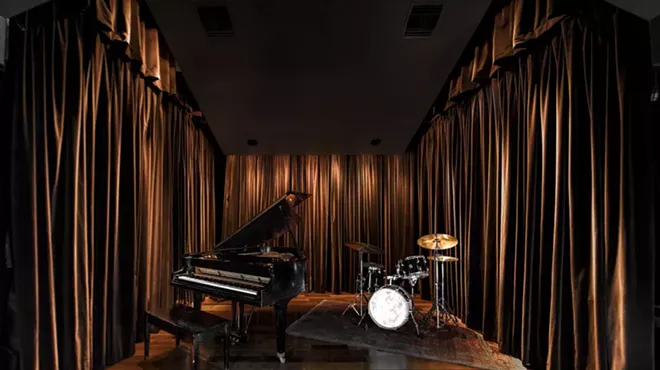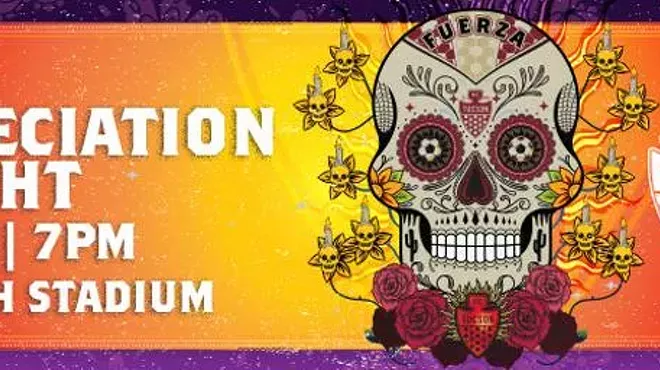Wednesday, October 29, 2014
Tonight: Red Medicine and Our Sacred Maiz is Our Mother

This is also a book signing for Rodriguez, whose book was recently published, and culminates research he started with Gonzales on his investigation on the origins and migrations of the Mexican people in the Four Corners region of the U.S. by following the corn and the people associated with that crop and stories from the elders he interviewed along the way.
Listen to a podcast interview with Rodriguez from Amanda Shauger at KXCI.
We recently interviewed Rodriguez about his book, and intended our interview to be part of a Currents feature in last week's issue, but our decision to focus on marriage equality forced us to change course for the week. Here's part of our interview with the author, journalist and UA associate professor.
Rodriguez was one of only a few active UA academics involved with championing Mexican-American studies at Tucson Unified School District—supporting students at protests and speaking out at many governing board meetings and other public hearings. He was arrested with local high school and college students the day the anti-Mexican-American studies legislation was signed into law when outgoing state Attorney General Tom Horne paid a visit to Tucson. He also experienced a fair share of criticism from MAS critics and far-right attacks, including a threat on this life.
What is the time frame of your work on this book?
It was the mid-1990s. That was when the process began in the literal sense, a research project on maps I was given that showed that the Aztecs reached into the Four Corners of the United States. I had no knowledge of the maps and had never heard of them. I was just given them as proof that Mexican people were native to the Southwest. I wasn’t a scholar then, but even with the little I knew, I knew that this little piece of paper does not constitute proof. So I embarked on a research project.
You found more maps, right?
Yes ... from 1847. That’s what triggered this research. At the time Patrisia and I were colleagues and married when we embarked on this project together. It was exiting and exhilarating. We went everywhere on this topic ... and at some point we saw some of the oldest maps that showed Salt Lake as the point of origin of Mexican Indians. Everyone made the assumption that we were looking for Aztlan. We knew the story but we weren’t sure if that was what was supposed to be depicted. We knew that there has to be memory there and that people would be able to tell us stories. We began to do interviews with elders, many of them are dead now.
I know many people will say, 'Why do you always talking about corn?' Your academic nickname, Dr. Cintli, is Dr. Corn.
When we did the interviews, I realized forget the maps. If you want to know where we come from, follow the corn. At that point it became obvious to me. I think some people were disappoint we didn’t find Aztlan. But we literally did follow the corn and saw how it changed the continent and it was corn that led to what we call civilization. Massive cities.
How did this research related to your own personal story?
I grew up knowing that society saw me as inferior, but I got a different message from my father and my mother — mostly my dad telling me stories, anciet stories, that didn't reinforce the idea that we crossed this ocean to get here. "Don’t worry about that or what they say, we didn't cross the ocean. We are from here
Part of your research was also during the state's attacks on TUSD and MAS, right?
I would say it was coincidental that when I went to do my PhD, it was 2003-2007, and in 2006, Horne began hsi campaign, his war was about indigenous knowledge. Kids were being taught in lakech and pacnhe be — and that was precisely my work. The teachers taught lots of things, but some of what was being taught in the classroom was also from my own materials and column Patrisia and I did.
In your classroom at the UA, you say you teach beyond in lakech and panche be?
I expanded to what I call the seven maiz based values. Really there’s no story like it on this continent — the story of the maize. It is not a counter story. It existed for 7,000 years and it doesn't revolve around Greeks and Roman. The maiz stories is important and it is humble. It's not a claim to land, this isn't about Aztlan, but a claim to our humanity. We are part of a big story — a bigger story. I always looked at SB 1070 as a way to attack brown people, and that was a law to deport the body. HB 2281 was to deport the mind and spirit. My book is a way to help understand that we are from here and we are also fully human.
Tags: Patrisia Gonzales , Roberto Cintli Rodrigez , Red Medicine , Our Sacred Maiz is Our Mother: Indigeneity and Belonging in the Americas , UA Press , Corn , Maiz


